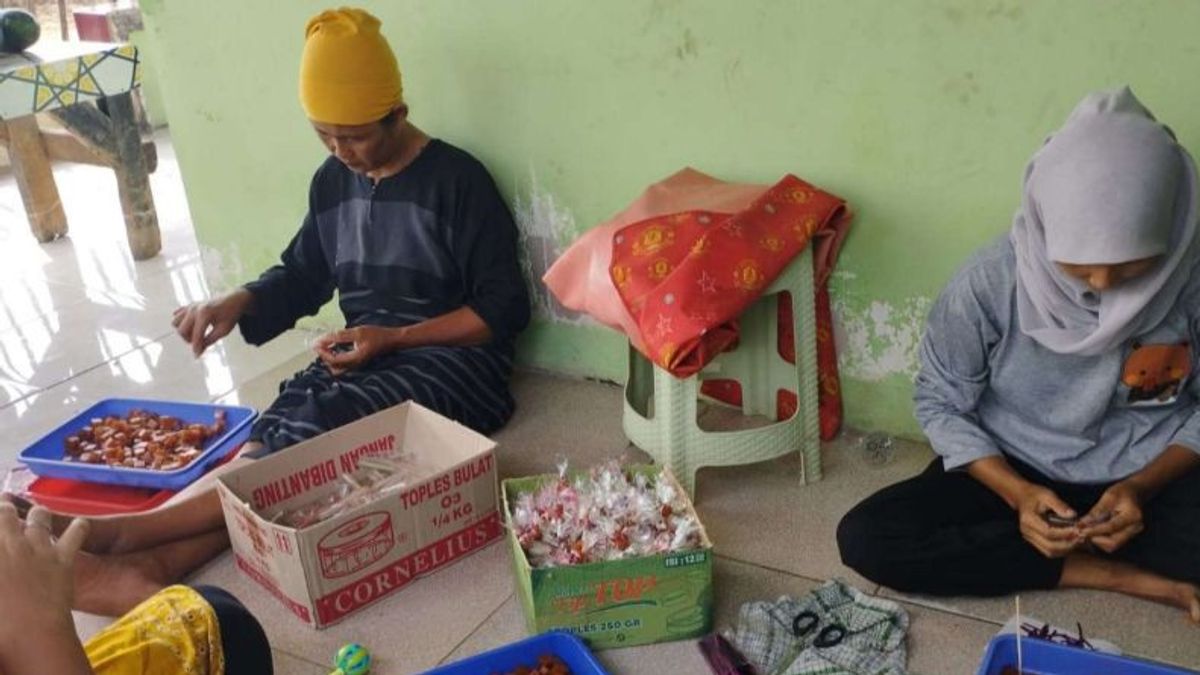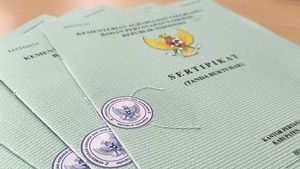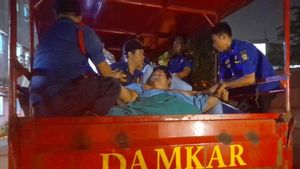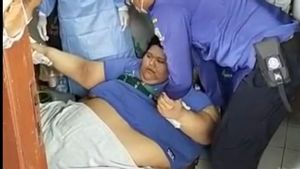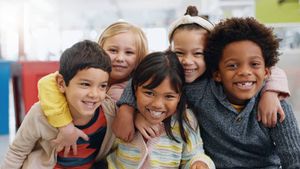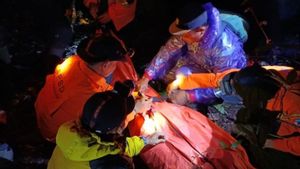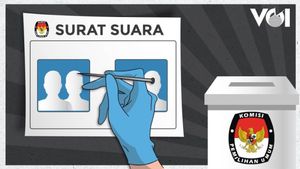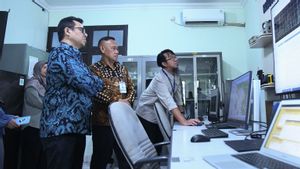JAKARTA - Micro, small and medium enterprises (MSMEs) in Muaragembong District, Bekasi Regency, West Java make culinary products of economic value from mangrove or mangrove plants.
"So in addition to functioning as a green belt (protective plant) from the threat of abrasion, mangroves can also be processed into food and drinks," said Chairman of the Kebaya Muaragembong Alfiah MSME in Muaragembong, Sunday, June 25.
He and his mothers in Pantai Bahagia Village successfully processed mangroves into various food and beverage products such as dodol, dumplings, chips, sticks, mangrove fruit juice, and other processed foods.
Alfiah admitted that the idea of processing mangrove plants into food and beverage products ready to sell started from the initiative of local residents when exploring potential resources in the coastal area of Bekasi Regency.
"The idea of processing this mangrove has actually existed since 2013 and has started to become the focus or seriousness of us until now," he said.
From cylindrica and avicennia-type mangrove leaves, be a stick, crackers, and peyek products, while the sonneratia casearis mangrove fruit is then processed into dodol and dumpling. Alfiah explained that in addition to processed food and beverage products, mangroves can also be processed into natural dyes that can be used for coloring clothes as well as dyes on batik fabrics.
"Even mangroves can be a natural dye for batik, namely the special type of phizopora mucronata," he said.
VOIR éGALEMENT:
He revealed that mangrove processing is still a mainstay product in Pantai Bahagia Village as a typical souvenir for the Bekasi Regency area. This processed product is also a source of income to support the community's economy.
He hopes that this mangrove processed product can be circulated to a wider market share so that it can boost the economy of the community, especially in coastal areas.
His party also asked related regional apparatus within the Bekasi Regency Government to also introduce the typical Bekasi Regency products to various other regions.
"Hopefully our MSMEs can continue to produce mangrove processed products every day, then market it to a wider market share," he said.
The Kebaya MSMEs are also committed to maintaining the mangrove area through massive planting so that the environment in the Muaragembong Beach area is maintained.
"In addition to being able to minimize abrasion as well as save the environment where we live for our children and grandchildren later," he said.
The English, Chinese, Japanese, Arabic, and French versions are automatically generated by the AI. So there may still be inaccuracies in translating, please always see Indonesian as our main language. (system supported by DigitalSiber.id)
